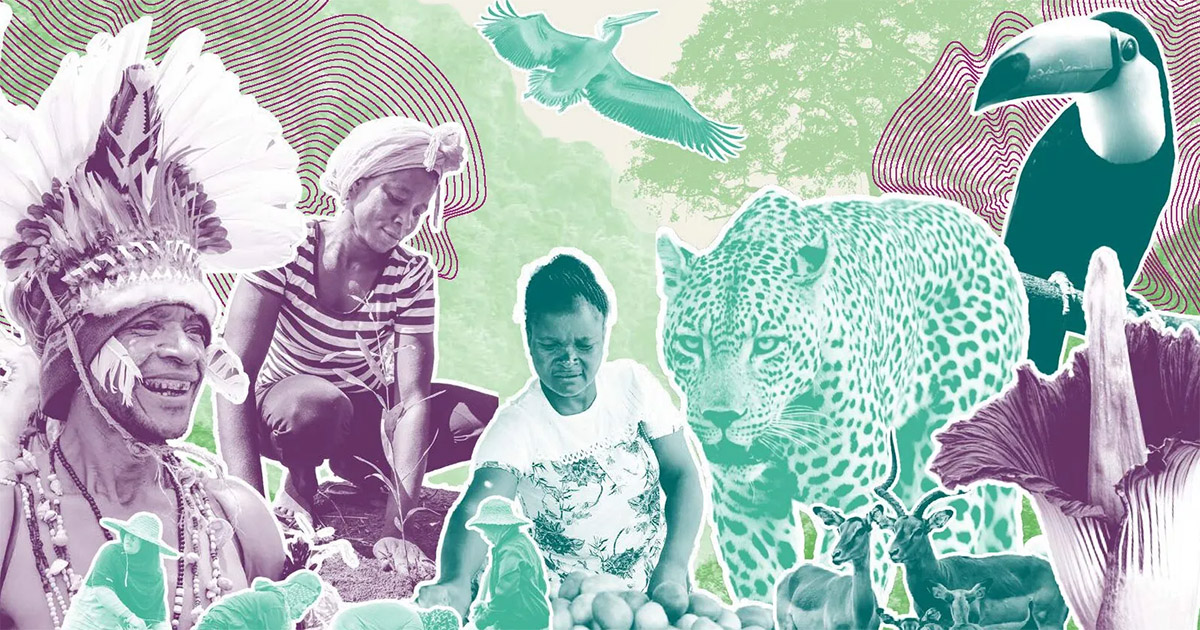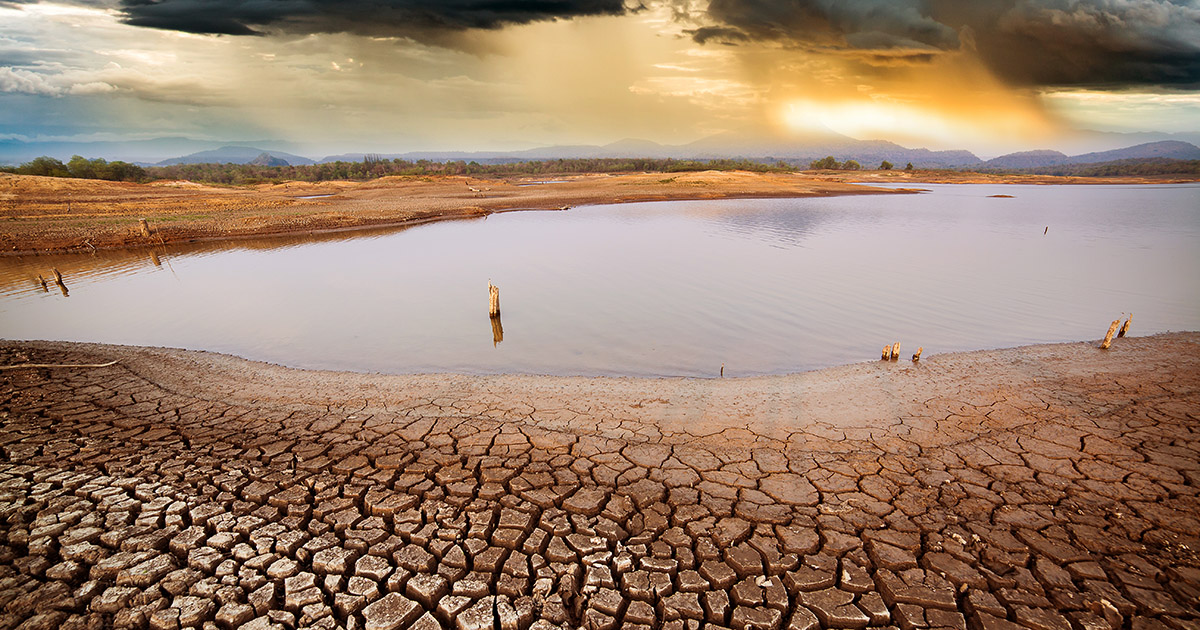One of the challenges the communities face when managing forests is the lack of a systematic and transparent monitoring system that can be used to monitor their resource management strategies and to communicate their successes to outsiders. This paper argues that monitoring efforts will be sustainable only if the system has been developed by the communities in collaboration with other relevant stakeholders with an aim of enhancing their learning and understanding rather than for compliance purposes. This paper describes the processes used by a People's Organisation in Palawan, Philippines, in developing their monitoring system with the support of several key stakeholders. The processes include the development of the monitoring framework, negotiation on how to collaborate in this effort, and the development of monitoring arrangements (including who collects data, what data to collect, and how to collect it). It shows how the development processes brought different community groups and stakeholders with different interests, objectives, and mandates together for collective action and learning.
Download:
DOI:
https://doi.org/10.1505/IFOR.4.3.184.17404
Jumlah Kutipan Dimensi:

Tahun publikasi
2002
Penulis
Hartanto, H.; Lorenzo, M.C.B.; Frio, A.L.
Bahasa
English
Kata kunci
forest management, participation, community forestry, monitoring, criteria, indicators, learning
Geografis
Philippines
















